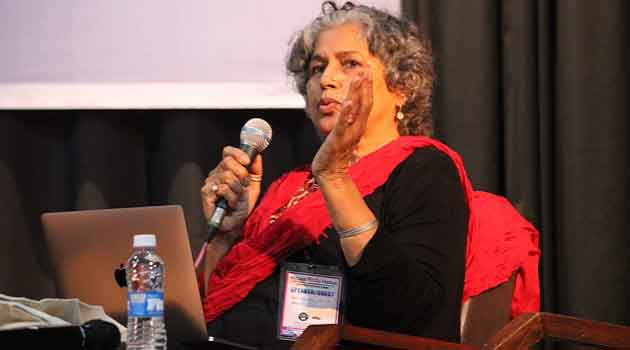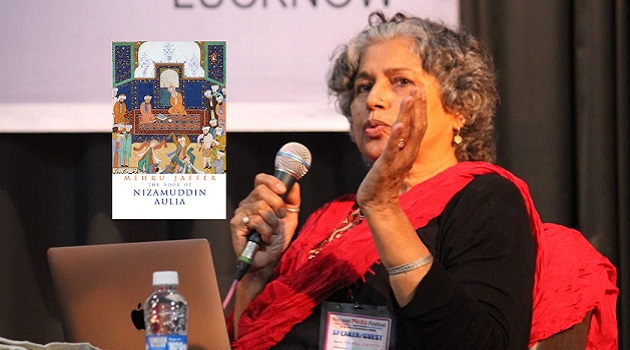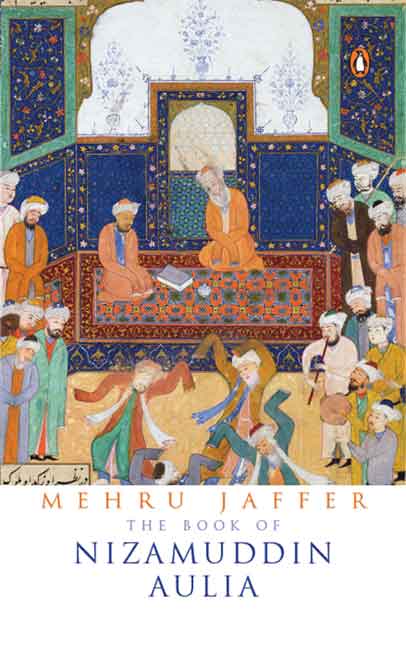“When a lion comes out of a den no one ever asks whether it is male or female.” — Nizamuddin Aulia
One rarely comes across a comprehensible narration in English that unveils the life of a 14th century South Asian Sufi saint to the world.

Mehru Jaffer’s The Book of Nizamuddin Aulia is an exploration of the saint’s life and spiritual journey.
The book illustrates Nizamuddin’s quest for spiritual enlightenment while living his life as a son, a disciple, a saint, and a master.
It is divided into eight parts with a Foreword by Abida Parveen, the connoisseur of Sufi music and poetry.
The best part about this book is the act of writing it.
Abida Parveen talks about how she visits the shrine of Nizamuddin every time she is in Delhi but is separated from the tomb “by a screen beyond which women are not allowed to venture.”
So, when a female author writes a book about Nizamuddin, it is in defiance to this screen of ignorance.
The book is a beautiful tribute to the life of the saint who spent his life spreading the message of love and charity.
He lived through the tumultuous time of seven rulers but never indulged them as he believed that the desire to possess property by force was cruel and unfair.
In her book, Mehru Jaffer weaves the influence different figures like Nizamuddin’s mother Bibi Zulekha, his teacher Fariduddin, and his contemporary poet Amir Khusro had on his life.
Nizamuddin is revered as an exemplar of Sufi vision and this book provides a peek into the making of such an illustrious figure.
The book describes the impact that a strong woman like Zulekha had on her son’s life.
She was a single mother who raised Nizamuddin and his sister alone. They suffered from extreme poverty but she made sure her son received a good education which would enable him to be a jurist.
She was also the first person to teach him the lessons of humility, “When goodness is in short supply then even thoughts of good will suffice.”
Apart from his mother, the book elaborates on the life and influence of Nizamuddin’s mentor Fariduddin.
We get an impression of the basic essence of Sufism through the lives of both Nizamuddin and Fariduddin.
The tenets of Sufi worldview are delineated through Nizamuddin’s teachings. He believed in service to mankind, unconditional love for the beloved, rejection of ordinary desires and acts of violence.
Mehru Jaffer demonstrates Nizamuddin’s teachings through the narration of various events and incidents that help in deeper understanding of these concepts.
The book is a treat to lovers of Sufi poetry and music as it provides an insight into various concepts of Sufism.
If you are interested in delving deep into the ideas of Sufism and Islam, Mehru Jaffer’s other works like The Book of Muinuddin Chisti and The Book of Muhammad are equally compelling narrations.











